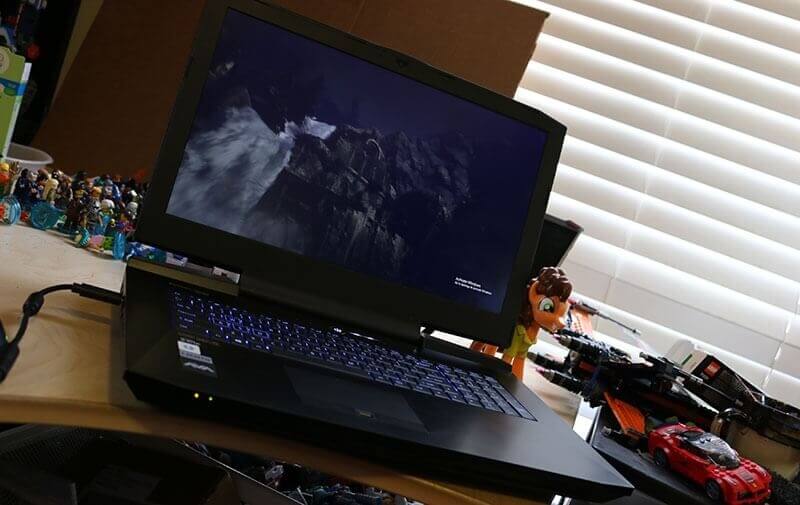GPU acceleration comes at the increase risk of getting infected. If you want a secured system, don't use GPU acceleration.
Understand?
Ok your comment clearly bothered me more than it should've.
My point is there is no Anti-Virus product today which can protect what gets loaded into the GPU.
(after 37 years of this stuff, yes I understand CPU GPU and Graphic Cards, thank you).
This is only for the sake of educating, you may have 37 years of savvy-ness but you have some miss-conceptions.
So, a virus on the most common way is a piece of software that goes into your computer through the hard disk drive, where the operative system resides. The operative system knows how to speak with the different peripherals you may have through the use of drivers, because in the end it's speaking with hardware that have no simple storage solutions. This means that for your GPU to get a virus would be as hard as for your processor to get a virus, or that your mouse gets a virus, maybe a bit simpler on the GPU since it actually has memory but this memory is volatile, the same your RAM is which means as soon as it's powered off, any and everything that it had on it's memory it's no longer there.
The only way for a GPU to get infected, is that a virus that you get into your computer (Not through a video card, as we've cleared already earlier) (And when I say YOU, it's because YOU have to let it in, because they just don't waltz over) is smart enough that it gets a way to flash your video card ROM to put itself into your video card, which believe me it's practically impossible for someone who is not trying really really really hard to get your vacation trip photos or what not.
To sum it up, your computer having a faster CPU or GPU has no impact on how fast a virus can infect your computer.
